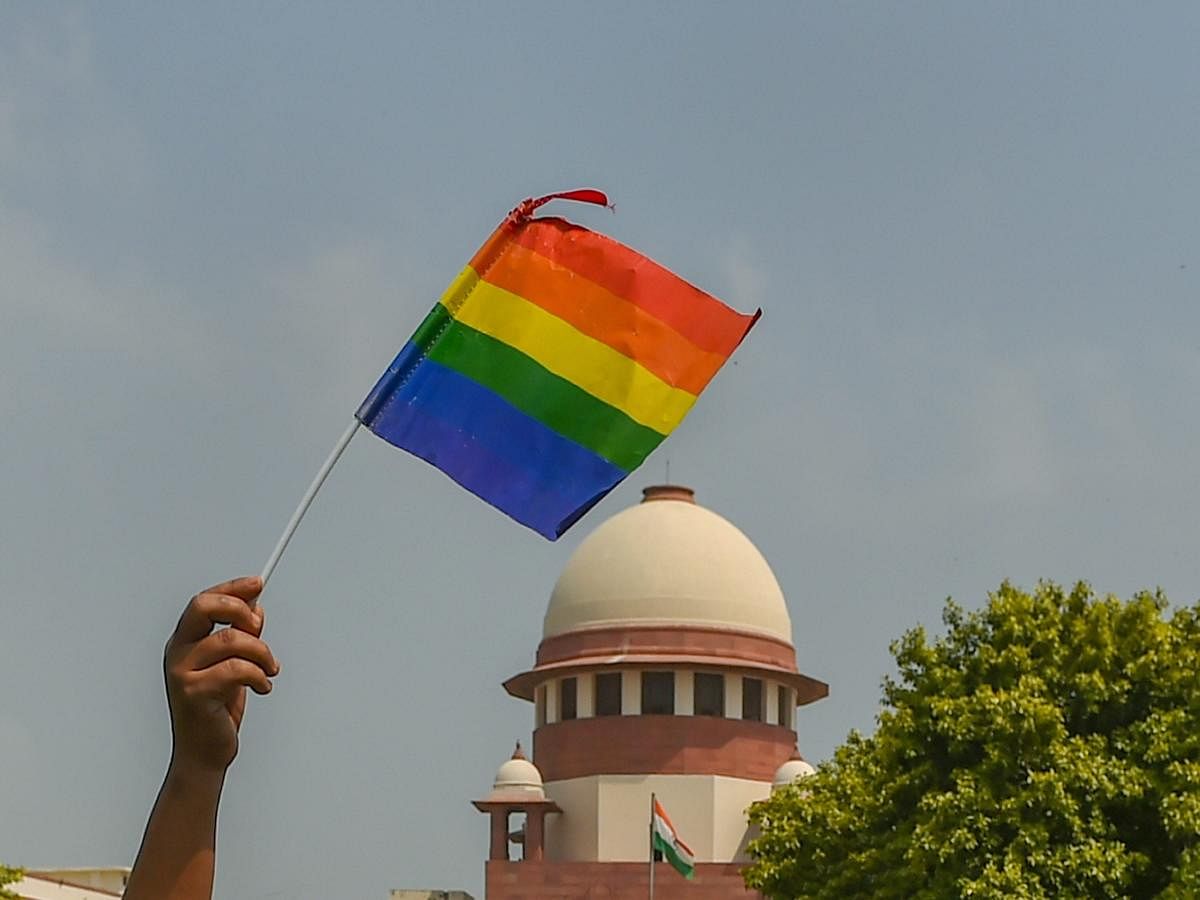December 2018 marked the 70th anniversary of the adoption of the Universal Declaration of Human Rights (UDHR) by the UN General Assembly. It’s an important document in the history of mankind, with the preamble: “recognition of the inherent dignity and of the equal and inalienable rights of all members of the human family is the foundation of freedom, justice and peace in the world”.
This year’s theme is “#StandUp4HumanRights”. India is celebrating 25 years of the National Human Rights Commission (NHRC). UN Secretary General Antonio Guterres in his message said, “Human rights are under siege around the world. Universal values are being eroded. The rule of law is being undermined”. Set in this backdrop, it is pertinent to explore the status of human rights around the globe, and for us, especially in India.
The World Report 2018 is Human Rights Watch’s 28th annual review of human rights practices around the globe which summarises key issues in more than 90 countries and territories worldwide. In his keynote essay, “The Pushback Against the Populist Challenge,” Human Rights Watch Executive Director Kenneth Roth says that the “surge of authoritarian populists…with a series of politicians around the globe who claimed to speak for “the people” but built followings by demonising unpopular minorities, attacking human rights principles, and fuelling distrust of democratic institutions”.
But even as these authoritarian regimes rise, the US and UK are missing in action as human rights defenders. Battling with racism, refugee crisis and domestic political unrest, France, Germany and European Union nations are unwilling to take up the cause of defending human rights in the present situation. This vacuum have been ably exploited by China and Russia, forming alliances with repressive governments. Witness the mass atrocities in Burma, Syria, South Sudan and Yemen, challenging the international standards for the prevention of human rights abuses, the International Criminal Court and the International Court of Justice.
With the result that there has been a frontal attack on the democratic values of social inclusion, respect for socio-cultural and religious diversity and a sense of solidarity that is at the heart of the universality of human rights.
Globally, most nations, in particular the populist governments, including India headed by Prime Minister Narendra Modi have broken the rule of law in order to promote the desires of majoritarian groups, resulting in massive violations of the rights of minorities, backward sections and indigenous peoples. This has given rise to authoritarianism and the breakdown of democratic rule and governance.
The core human rights issues are the denial of economic freedom, right to decent work and equal pay, societal divisions between dominant elites and minorities (both cultural and religious) “who feel that their lives have become more precarious”. The rise of social violence,
terrorist attacks and religious extremism have worsened the human rights condition in many parts of the globe.
The intrusion of governments into the domain of freedom of speech and expression, suppression of the media and even the right to food has become a common pattern, disturbing the peace among the people and leading to socio-political instability. The situation in India is not much different from the above, rather it is depressing and disheartening when it comes to human rights.
Indian citizens gave a majority electoral mandate to the BJP in 2014. One would have expected a peaceful and stable governance. Instead, the country has witnessed frequent mob violence, political murders, extra-judicial killings, and social violence aimed at religious minorities, marginalised sections of the people, especially adivasis and Dalits, children and women. Democratic dissent is labelled and perceived as anti-national, and civil rights activists, journalists, researchers and academicians are arrested and implicated in false cases by adopting inhuman and undemocratic means.
Rules on the regulation of foreign funding are being used to target civil society organisations that are critical of the government’s policies. The lack of accountability and institutional mechanisms for human rights violations and abuses, sexual violence against women in general, particularly adivasi women, by the security forces in the regions of the North-East, Chhattisgarh and Jammu and Kashmir. Mob and lynching attacks by extremist Hindu religious groups against minority communities, especially Muslims, have increased at an alarming rate since 2014.
Supreme Court rulings
In this fragile environment, the Supreme Court rulings in 2017-18 strengthened fundamental rights, rights for women, and accountability of the security forces for violations and killings. Four judicial pronouncements are critical from the perspective of human rights in India: the abolition of triple talaq; the striking down of IPC Section 377 to end discrimination against LGBTs; the entry of women into the Sabarimala temple; and the declaration of individual privacy as part and parcel of fundamental rights.
The question is, how to respond to the challenge of these populist and authoritarian regimes, which are a threat not only to human rights but also to human civilisation. Civil society organisations, the media and the people at large must exert pressure to reaffirm the criticality of human rights principles. The effective participation of the citizen in the affairs of governance is the instrument to hold government accountable for its actions and violations of human rights.
There is a need for large-scale mobilisation of people on the issue of the risk and threat of denial of human rights by governments. The interaction between citizens and institutions of governance is fundamental to the preservation and protection of human rights and is critical to realise the spirit of Article 1 of the UDHR which states that “All human beings are born free and equal.”
(The writer is PhD Fellow, Centre for Political Institutions, Governance and Development, Institute for Social and Economic Change, Bengaluru)
